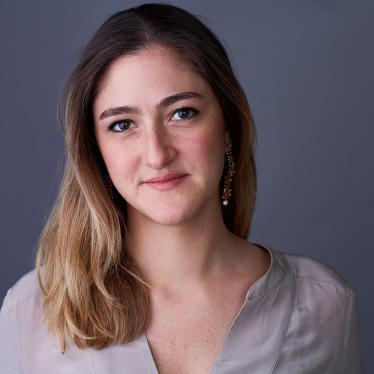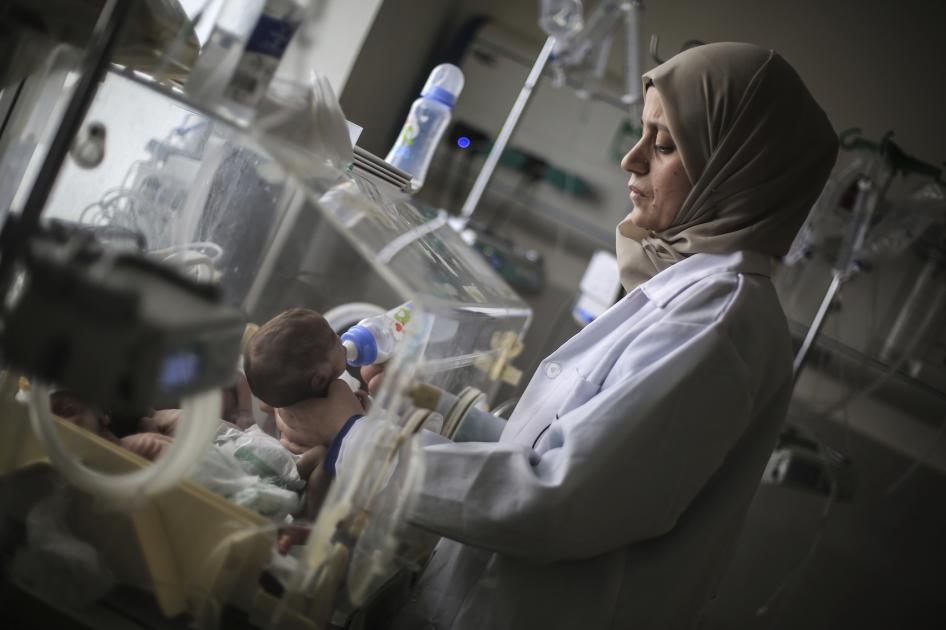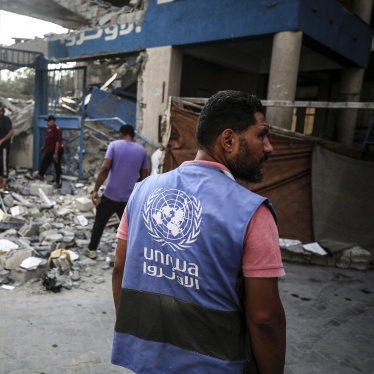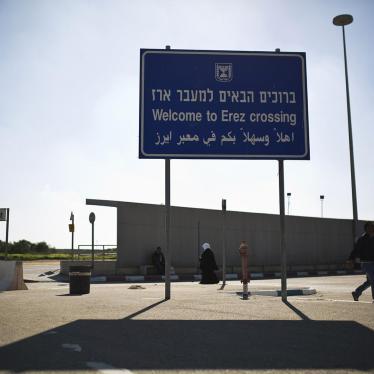In June my colleague and I went to Doha, Qatar to speak with Palestinian patients and their family members who had been evacuated from Gaza. The medical professionals treating them told us that these were the most complex trauma cases they had ever seen. There is a humanitarian imperative for other countries, with robust, sophisticated healthcare systems and available beds like Denmark to take in Palestinians from Gaza who cannot receive the care they need in Gaza or in Egypt.
During the first year of its ongoing military campaign in Gaza, the Israeli military has killed more than 40,000 Palestinians and injured over 100,000 others, according to Gaza’s Health Ministry. Gaza’s healthcare system has nearly collapsed, only 17 out of 36 hospitals still partially functioning with severe deficit of medicines and fuel, and 500 health workers killed. Despite the Israeli military’s allegations that Hamas bases itself in hospitals, no evidence put forward would justify depriving hospitals and ambulances of their protected status under international humanitarian law.
Since October, Israeli authorities have granted permission to only a small fraction of those who required medical treatment outside of Gaza.
As of 30 September, out of 15,600 patients for whom medical evacuation has been requested since October 2023, Israel has only approved and allowed Egypt to carry out the evacuation of 6,075 (39 percent), with only 229 patients allowed to leave Gaza by Israeli authorities since it closed Rafah Crossing on May 7, 2024.
Even with the influx halted, however, Egypt’s healthcare system is straining under the caseload. We visited hospitals in northern Sinai in April and saw that thousands of patients from Gaza were unable to get the care they needed in Egypt.
While some governments have tried to bolster medical assistance inside Gaza, only a handful European countries including Belgium, France, Italy, Romania, Spain, and Switzerland are taking in some Gazan patients. Norway has committed to receiving 20 patients.
I sat opposite Hassan on my last day in Doha. Every time he opened his mouth to speak, he broke down sobbing. Between the tears I understood that on October 19, he left home to buy bread. He heard an explosion and ran home to find that his house had become a pile of rubble. His 14-year-old son, 15-year-old daughter, and his wife, 6 months pregnant, all died. The attack took 30 members of Hassan’s family- only his 9-year-old son survived. Hassan and his son eventually made it to Doha, where his son is being treated for severe burns and other injuries and he is getting psychosocial support.
Hassan’s son is just one of over 470 medical patients from Gaza in Doha getting highly complex medical treatment. In addition to all of these patients’ physical needs, they and their guardians need extensive psychosocial care.
The European Union’s health commissioner and crisis management commissioner have called on EU member countries to evacuate more people from Gaza in need of treatment, which Denmark so far has been unwilling to do. In contrast, by January 2024, over 3,000 Ukrainian patients had been transferred to European hospitals, including in Denmark.
Governments need to pressure the Israeli government to halt all unlawful attacks against civilians and health structures, and to stop deliberately blocking aid delivery. They should also encourage Israel to evacuate Palestinians from Gaza who can’t get the care they need in Egypt, and later ensure they can return to their homes if they wish to do so.
To save lives as the desperate situation worsens with the looming risk of a polio epidemic, the Danish government should urgently work with Palestinian authorities and its embassy in Egypt to identify Palestinians from Gaza who can be evacuated and treated in Denmark - this is one concrete and measurable humanitarian action that would directly lead to saving lives of Palestinians.
--
Belkis Wille is associate crisis, conflict, and arms director at Human Rights Watch.









